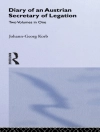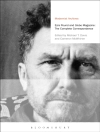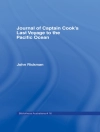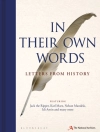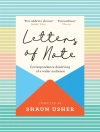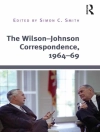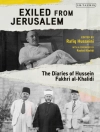In his seminal work, ‚Letters to His Son, ‚ published in 1750, Philip Dormer Stanhope, the Earl of Chesterfield, adopts an epistolary style to convey a rich tapestry of wisdom on manners, education, and the art of refinement. Comprising a series of letters addressed to his illegitimate son, Chesterfield meticulously dissects the social etiquette and virtues of the 18th-century elite, blending practical advice with philosophical musings. His letters serve as a reflective guide, intricately interweaving personal anecdotes and timeless principles aimed at developing the character and intellect of a young gentleman within an era marked by rigid societal constructs and burgeoning Enlightenment thought. Chesterfield, a prominent statesman and wit, was himself a product of high society, well-acquainted with the complexities of aristocratic life. His experiences as an ambassador and a member of the House of Lords provided him with keen insights into cultural nuances and the significance of polished behavior. These letters, though ostensibly paternal, reflect Chesterfield’s broader concerns with societal comportment and the necessity of education in achieving both personal success and social acceptance. ‚Letters to His Son‘ is an essential read for anyone seeking profound insights into the social dynamics of the 18th century. Chesterfield’s incisive observations and practical advice resonate across time, making this work not only a historical document but also a timeless manual for personal development. Readers will find themselves enriched by Chesterfield’s eloquence and the applicable life lessons embedded within his correspondence.
Über den Autor
Philip Dormer Stanhope, the 4th Earl of Chesterfield, was a prominent British statesman and man of letters in the 18th century. Born on September 22, 1694, Chesterfield was known for his wit, oratory, and accomplished diplomacy; he served as Lord Lieutenant of Ireland and Secretary of State for the Northern Department. He is perhaps best remembered for his ‚Letters to His Son on the Art of Becoming a Man of the World and a Gentleman‘ (1774), a collection of letters written to his illegitimate son, Philip Stanhope. These works have been formative in the genre of conduct books, offering advice on a wide range of topics from etiquette and education to statecraft and morality. Chesterfield’s letters espouse the virtues of prudence, elegance, and political tact, reflecting the values of the Enlightenment and a polished society. His epistolary style significantly influenced eighteenth-century literature, praised for its precision, clarity, and rhetorical skill. Chesterfield’s contribution as a moralist and stylist has been widely acknowledged, and his letters remain a significant reference for the social customs and diplomatic norms of his time.


